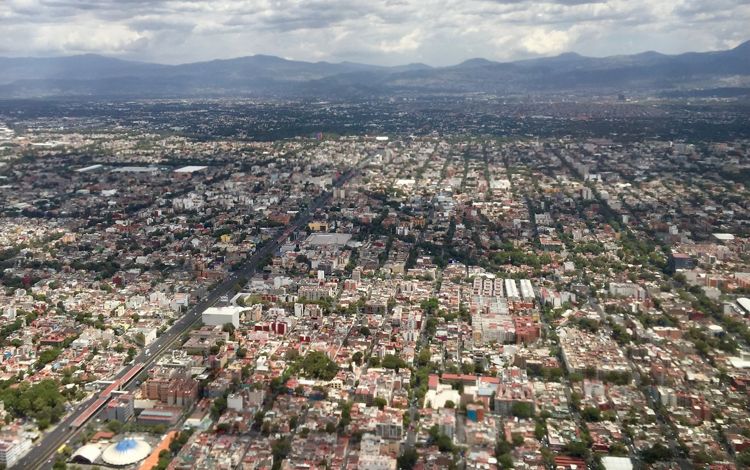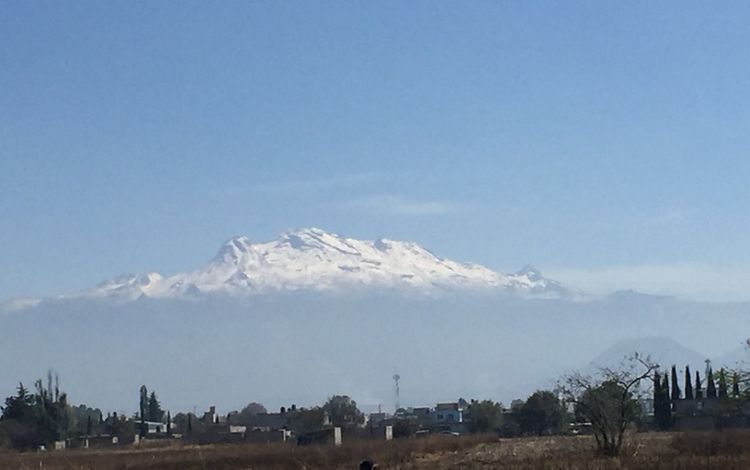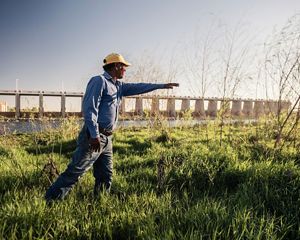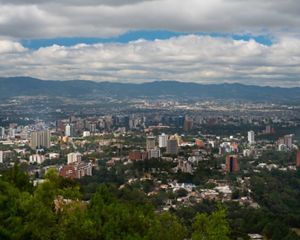
Mexico City is thirsty and running out of water is a possibility. In the fall of 2018, Mexico City spent an entire week without receiving water from its water supply source and consequently had to resort to city wells and reserves left in pipes, water tanks and buckets. To help alleviate the issue- which will only get worse due to climate change and population growth- The Nature Conservancy (TNC) has joined a partnership of private initiative and civil society to create Mexico City’s Water Fund, drive nature-based solutions and improve public policies.
With more than eight million inhabitants in the city, and another fourteen million living in its suburbs, the Aztec capital has had a historically complicated relationship with water. Much of the land it occupies today was a lake until mid-century. However, constant flooding, the need for territorial expansion, and a misconception of the hydrological and ecological dynamics of the area led the Mexican authorities to drain the surroundings. The difficult task took almost 300 years to complete, but in the end, the city was left dry. This has caused a water shortage, and left the city in a vulnerable position. The city has to import an increasing amount of water from other regions of the country, namely from the mountains.
Mexico City’s Water Fund aims to confront the issue, and prepare this large city for the future- a future where extreme climatic events make meeting the demand for water a challenge. The partnership between international organizations, including the Inter-American Development Bank and the Global Environment Facility, private initiative, led by FEMSA Foundation, and civil society, led by TNC seeks to prepare Mexico’s population to deal with the effects of climate change through innovation and community-based work.
The Water Fund is part of a continental strategy- there are 24 other funds- that will help address the overexploitation of aquifers, use smart infrastructure to protect and restore groundwater recharge zones, promote efficient water use, develop new nature-based solutions, and foster investment and innovation for the treatment and reuse of wastewater.
This project asserts the mutual responsibility of all stakeholders in conserving natural resources. Under TNC’s leadership, the public sector, civil society, and private initiative, we work together to prepare for the future. Working with mountain communities that surround the Valley of Mexico, and people and businesses that depend on these environmental services, we contribute to making Mexico’s capital more resilient and less vulnerable to climate change.
Mexico City’s Water Fund





